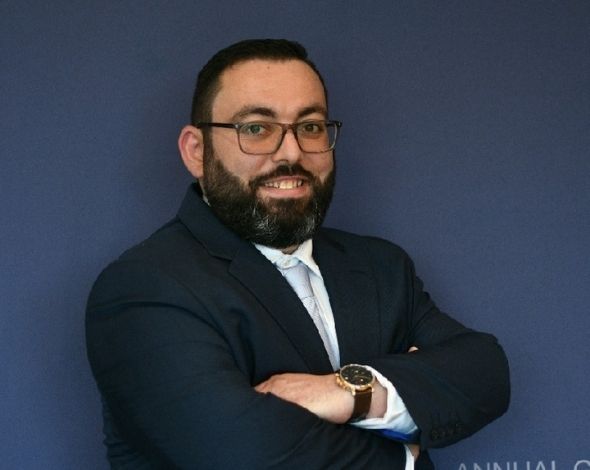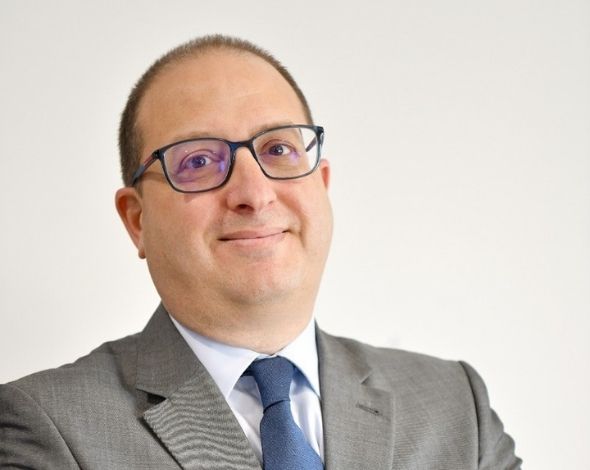In a result that will likely be relatable to many in top-level positions, a new survey shows that people who earn more tend to be less satisfied with how they use their time than those who earn less.
This dissatisfaction with how they use the limited hours available each day does not, however, seem to carry over into other areas of life, where they report being more satisfied with their overall life, financial situation, current job and even personal relationships, when compared to those to earn less.
The EU Statistics on Income and Living Conditions set of data prepared by Eurostat shows that people in Malta are generally content with their life overall, and are particularly satisfied with their personal relationships, which registered a score of 8.6 (on a scale from 1 to 10, with 10 being most satisfied).
The lowest two score were registered when it came to respondents’ financial situation and their use of time, with both getting a score of 6.8.
However, the two scores showed opposite relations to income level. With regard to financial situation, as would be expected, those on higher incomes reported being much more satisfied than those on lower incomes.
But this relationship was inverted when it came to their use of time, where respondents on the highest level of equivalised income (over €24,401 per annum) reported less satisfaction with their use of time than those on the lowest income band (under €12,165).
The working age population also reported being considerably less happy with their use of time than the young or the elderly. People over 65 – that is, past retirement age – said they were most satisfied with how they spend their time (7.9), followed by the cohort between the ages of 16 and 17 (7.6).
There is a significant drop down to the next age range, that between 18 and 29 (6.7), while those between 30 and 64 reported the least satisfaction of any group (6.4).
Mark Mifsud appointed Director at Vega Marine
Vega Marine describes itself as the global leader of cruise ship laundry.
Kerstin Ancilleri joins ECONOMIQ Group as Managing Partner
She is 'passionate about people and the great things they can achieve with the right leadership and support.'
Using AI for your company? You may not own what it creates
Maltese businesses increasingly relying on AI tools for branding, but do they own it?
Simon Montanaro appointed chairman of Harvest Technology
Simon Montanaro was Melita's Chief Technology Officer between 2009 and 2023.









